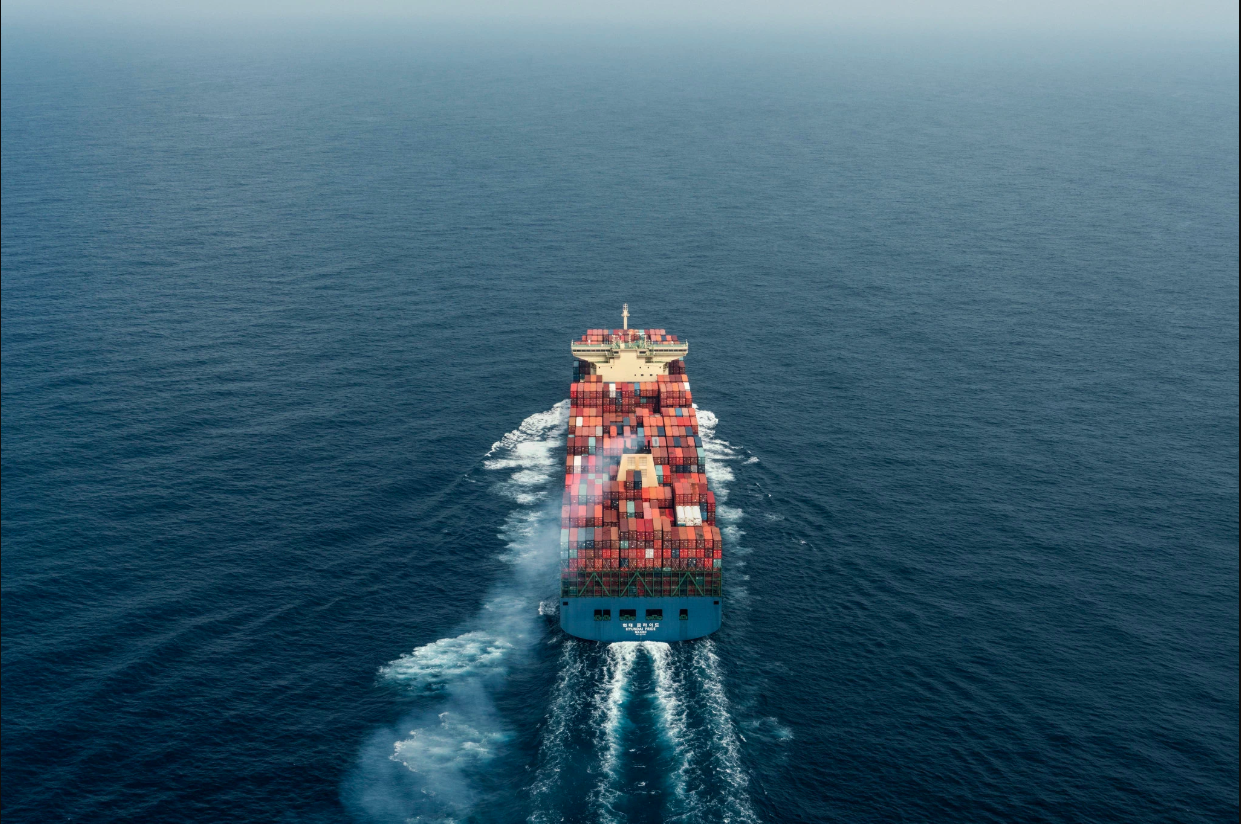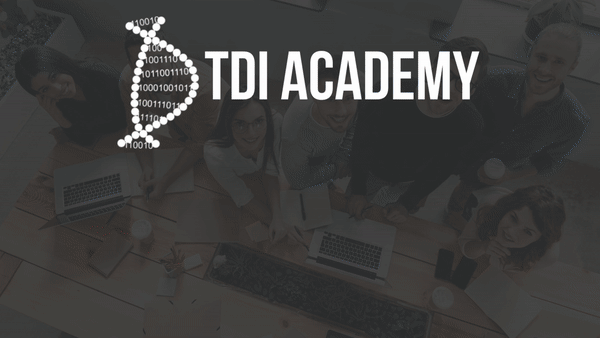Interview: Jay Li, InsurTech and insurance advisor for One Belt One Road projects
Jay Li is an insurance broker based in Shanghai and Guangzhou. Jay previously served as the General Manager of Shanghai UniStar Insurance Brokerage Company Limited. Jay primarily focuses on marine insurance for cross-border projects and has recently begun working on several One Belt One Road initiatives.
1. China’s goal to enhance cross-border trade, and the ‘One Belt One Road’ initiative, will mean more marine and commercial insurance efforts will be needed. What can insurers do to prepare themselves for this new era, and will east/west cultural differences pose a challenge in this regard?
Although I have been actively involved in cross-border trade for many years. In the last two years we have been actively serving the One Belt One Road sector and we do see the significant development in this sector and related risk concerns. Compared to traditional trading, the One Belt One Road initiative will involve construction and operation in many different countries hence clients will expect comprehensive solutions rather than simply insurance products. For example, traditional marine insurance primarily concerns the safety of cargo during transportation. However, the One Belt One Road initiative will dramatically expand the scope of marine and construction insurers’ operations to include political health insurance in developing countries.
2. Marine insurance has seen less startup activity than other B2C segments such as health insurance and car insurance. Do you think there are opportunities for startups to focus on commercial insurance lines?
We believe there is room for startups. From our direct communication with clients we saw unmet service needs in two areas. One, the local safety and risks related service in under-developed countries for OBOR operators. Two, insurance for small, direct B2C cross-border players. For example, small companies that sells goods to overseas customers via Amazon.
3. In the face of increasing competition in the Chinese insurance industry, how can western insurers compete with Baidu, Alibaba, and Tencent (BAT)?
Yes, BAT is expanding to all service areas. However I perceive the BAT as prospective partners for western insurers rather than competitors. For example, the BAT has done really well in some areas including mobile payments. Chinese insurers have recognised that consumers are mobile first and expect everything on demand. Also, the notion of an online ecosystem, and more importantly how to build it, is also better understood by the BAT companies. However, on the other side, we can see that western insurers have done well in some areas. First, western insurers have figured out how to serve specific market segments, and more importantly how to make these market segments profitable. Examples of such segments include chronic diseases (Diabetes, Obesity) and retirees, a particularly important segment for China. So there are several mutually important fields from which western insurers and Chinese internet companies can co-operate as opposed to compete directly.
4. There are some blockchain use cases already active in the global supply chain, how can property insurers leverage blockchain? Do you see any use cases within commercial lines such as marine?
A few months ago, in marine I did see a scenario for blockchain. A 12,000 containers liner was burned in the sea in April this year. For sure, many cargo owners, forwarders, insurers and re-insurers had insurance interests in this single event. Under traditional claims handling process many hours labor and time is required from the insurer’s side. With blockchain, where everything is recorded by everyone, the claims handling process will be very fast and I believe someone is working on this initiative somewhere already.



















































Comments